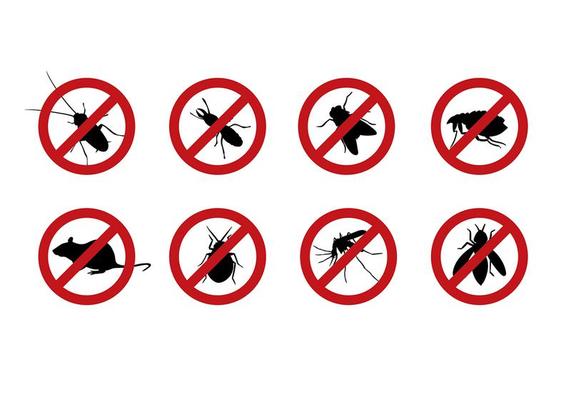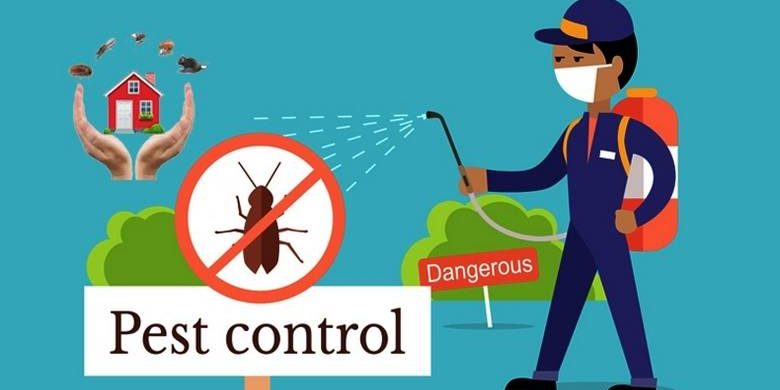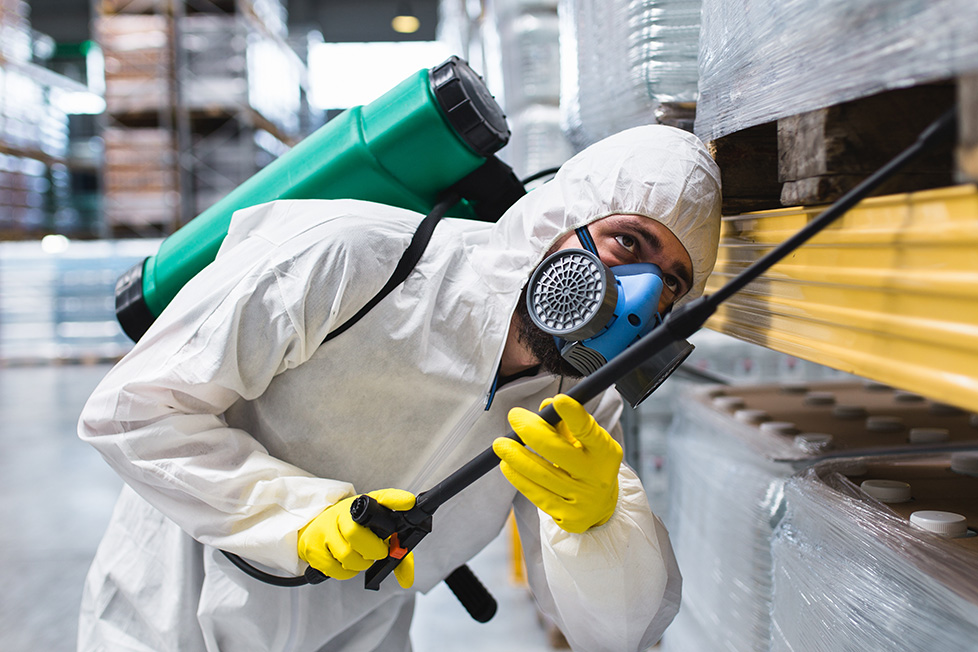Trusted Pest Control Homestead Experts for All Your Pest Issues
Wiki Article
Ultimate Overview to Insect Control: Advantages, types, and techniques
Parasite control is a critical element of preserving a healthy and balanced and risk-free atmosphere, whether it remain in domestic, commercial, or farming setups (Pest Control Homestead). Recognizing the advantages, methods, and sorts of bug control techniques can dramatically impact the effectiveness of bug management strategies. By checking out the varied array of strategies offered, one can customize parasite control initiatives to specific requirements and obstacles, ensuring a lasting and thorough remedy. The world of parasite control is complex, with different devices and approaches at one's disposal.Relevance of Bug Control
Bug control plays an important role in maintaining the health and wellness of both residential and business environments. By efficiently taking care of and removing bugs, people and organizations can avoid the spread of illness, protect home from damages, and guarantee a tidy and hygienic living or functioning area. Bugs such as rats, termites, and insects can present severe health and wellness dangers to human beings and pets by polluting food, transferring illness, and causing allergies. In addition, bugs can trigger structural damage to structures and facilities, leading to costly fixings and potentially endangering the safety and security of occupants.Implementing normal bug control determines not just safeguards the physical wellness of individuals however also contributes to their psychological well-being by creating a secure and comfortable setting without the nuisances and disruptions triggered by bugs. In commercial settings, parasite control is necessary for keeping a positive credibility, abiding with wellness and safety guidelines, and guarding the wellness of workers and customers. Generally, the significance of bug control can not be overemphasized in protecting the health, safety, and overall top quality of life in both commercial and property areas.
Common Parasite Control Methods
Offered the important function that pest control plays in guarding health and home, it is important to explore reliable techniques for handling and removing pests. Typical insect control techniques encompass an array of strategies customized to certain insect kinds. Inevitably, the most effective insect control method often involves a mix of strategies customized to the particular insect species and the environment in which they stay.
Organic Insect Control Methods
When taking into consideration environmentally-friendly methods to managing insect populaces, organic insect control approaches provide a sustainable solution. These approaches rely upon all-natural choices to artificial chemicals, making them safer for the setting, humans, and non-targeted species. One typical natural parasite control method is organic control, which includes presenting natural predators, bloodsuckers, or virus to control bug populaces. As an example, ladybugs are commonly made use of to control aphids in yards.An additional efficient natural insect control method is making use of organic chemicals stemmed from all-natural sources such as minerals, plants, or germs. These pesticides target details pests while reducing harm to useful bugs and the ecosystem. Neem oil, for example, is a prominent natural chemical that disrupts the growth and reproduction of numerous parasites without triggering harm to various other organisms.
Cultural methods like crop rotation, buddy growing, and maintaining appropriate plant wellness also fall under organic insect control methods. By developing a well balanced ecosystem and lowering pest susceptabilities, these methods help prevent pest invasions without the requirement for unsafe chemicals. Organic parasite control methods not just protect the setting but also promote sustainable and long-term insect management options.
Kinds Of Pest Control Solutions
Taking into consideration the varied approaches offered for taking care of pest populaces, a key facet to discover following is the range of services used under the umbrella of insect control. Insect control services can be broadly classified right into three main kinds: household parasite control, business insect control, and incorporated pest management (IPM)Residential insect control solutions concentrate on handling and eradicating pests typically located in homes, such as ants, cockroaches, termites, and rats. These services usually entail the application of risk-free yet efficient therapies to secure the wellness and security of locals.

Integrated Pest Administration (IPM) takes a holistic approach to pest control by incorporating biological, cultural, physical, and chemical methods to take care of insect populations efficiently while reducing threats to human health and wellness and the atmosphere. IPM concentrates on long-lasting prevention and lasting parasite monitoring methods.
Integrated Parasite Management Strategy
An integrative strategy to pest monitoring, recognized as Integrated Parasite Administration (IPM), combines different techniques to efficiently regulate pest populaces while reducing threats to human health and the atmosphere. Pest Control Homestead. IPM concentrates on stopping insects through a combination of organic, social, physical, and chemical control methods. By utilizing an alternative strategy, IPM aims to address the root causes of bug problems instead of just dealing with the symptomsOne secret element of IPM is making use of organic controls, such as introducing all-natural predators or microorganisms to take care of pest populaces. This method lowers the dependence on chemical pesticides, thus lowering the general environmental effect. Cultural controls entail modifying the pest's habitat to make it much less welcoming, while physical controls consist of using traps or barriers to leave out or catch insects.
IPM also stresses surveillance and normal inspection to examine insect degrees properly and determine the most ideal control methods. By incorporating these varied methods, IPM uses a lasting and effective method to pest monitoring that promotes long-lasting solutions while protecting human wellness and the ecological community.

Conclusion
Finally, parasite control is necessary for maintaining a healthy and balanced and secure environment. By utilizing various methods such as organic methods and integrated insect management, people can efficiently prevent and handle insect invasions. Various sorts of bug control services are offered to accommodate particular demands and preferences. In general, applying correct insect control steps can assist protect home, plants, and human health from the dangerous effects of insects.Comprehending the advantages, methods, and kinds of bug control techniques can substantially impact the efficiency of parasite monitoring strategies. Usual parasite click reference control methods encompass a variety of approaches tailored to certain bug types. One typical natural insect control technique is organic control, which involves presenting all-natural predators, parasites, or virus to regulate pest populations.An integrative strategy to pest administration, recognized as Integrated Bug Administration (IPM), integrates various techniques to effectively manage pest populaces while reducing dangers to human health and the atmosphere. Cultural controls entail changing the bug's habitat to make it much less friendly, while physical controls consist of the usage of barriers or traps to exclude or catch bugs.
Report this wiki page